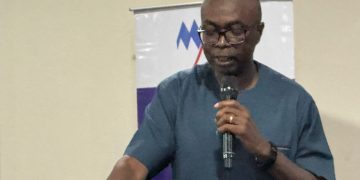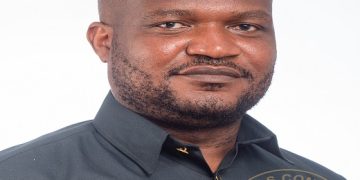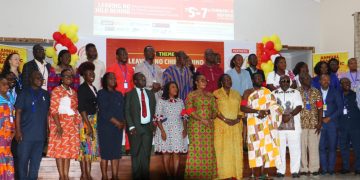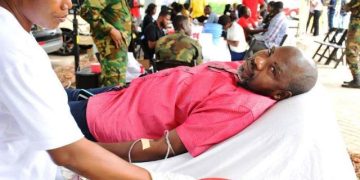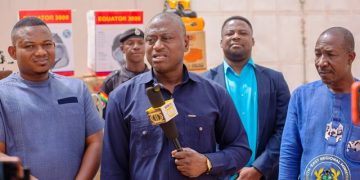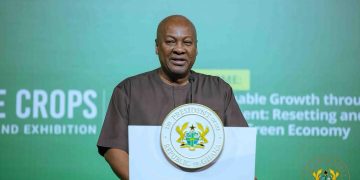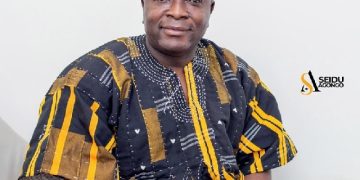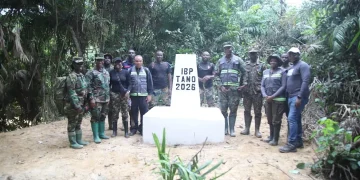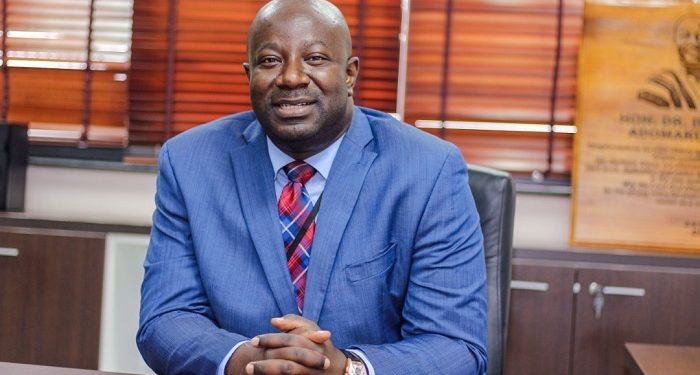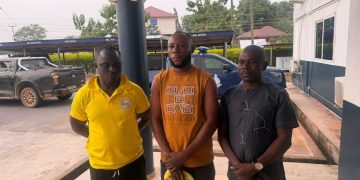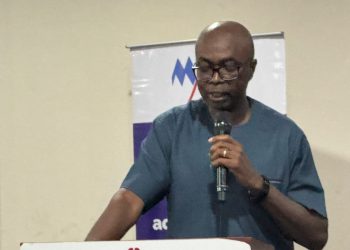Former Member of Parliament for Anyaa Sowutuom, Dr. Dickson Adomako Kissi, has voiced concerns about the delayed implementation of President John Dramani Mahama’s 24-hour economy policy.
The policy, which was a cornerstone of the NDC’s campaign promises, aims to transform Ghana’s economic landscape by fostering a vibrant, round-the-clock business environment.
Speaking to Accra-based Angel FM, monited by Dr. Adomako Kissi expressed worry over the recent power shortages in Ghana, which he believes are crucial for the success of the policy.
“I fear for John Mahama,” he stated.
He added “I am praying that the light will be stable, but where I am, the light goes off every day. It was he who said he was going to implement a 24-hour economy, a huge part of which is power stability”.
The former lawmaker criticized the government’s first budget for lacking concrete measures to support the 24-hour economy initiative. Dr. Adomako Kissi noted that the budget did not provide the robust framework needed to drive this ambitious plan forward.
“I expected them to hit the ground running, but it seems they are not taking decisive action. Knowing it’s their priority, I thought he would lay it out strongly to show that this man means business”, he lamented.
“The absence of a clear plan in the first budget is troubling, especially given how prominently this policy was featured in their campaign promises.”
Background:
The then Presidential Candidate for the National Democratic Congress (NDC), John Dramani Mahama, outlined his proposed 24-hour Economy policy as a strategic intervention aimed at stimulating economic growth.
In December, John Mahama was elected president of Ghana with 57% of the vote, a decisive victory for his National Democratic Congress.
For Mahama, the victory represents a return to the highest office following his previous stint as president from 2012 to 2017.
Mahama’s reelection indicates a desire to emerge from the economic turmoil that followed the country’s 2022 debt default, which was triggered by years of runaway expenditure.
The default led to extended negotiations with international lenders over a $13bn debt restructuring, culminating in a $3bn IMF bailout.
The fallout has hit the population hard, with poverty climbing to 30%, according to the World Bank, and consumer inflation hitting 23.8% year on year in December.
One of Mahama’s most high-profile pledges is his bid to build a “24-hour economy” in order to boost employment and unlock the potential of industry.
The president said the initiative is a “a deliberate policy to encourage and support businesses and public organisations to operate 24/7 in three shifts of eight hours to boost production, promote productivity and generate well-paying jobs… aimed at transforming Ghana into an import substitution and export-led economy.”
Barely four months into government, the proposed campaign policy has yet to manifest.
Source: www.kumasimail.com / Kwadwo Owusu


